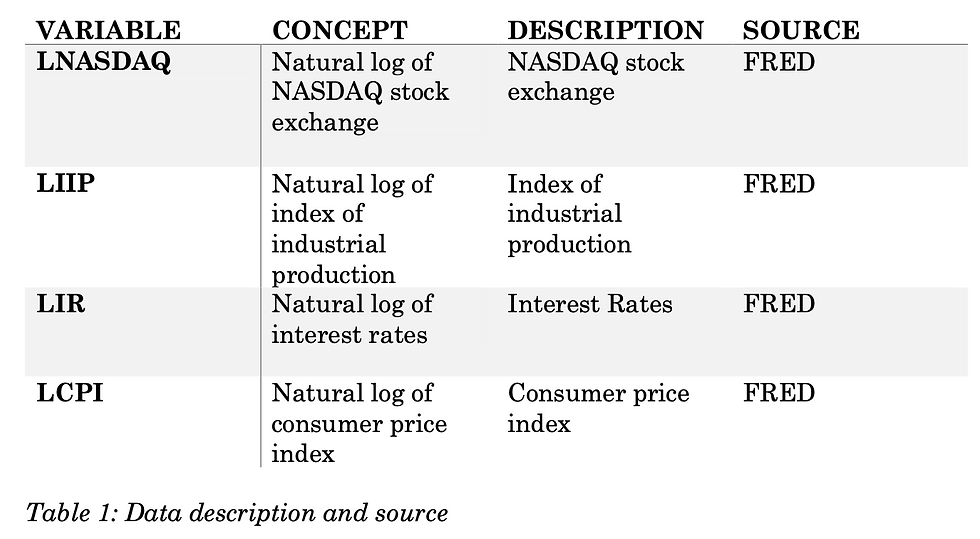AI in Finance: How Algorithms Are Changing the Way We Invest
- Loredana Mehmeti
- May 30, 2020
- 2 min read
Investing used to be all about gut feelings, the financial pages, and men in pinstripe suits shouting “Buy! Sell!” on a trading floor that looked like chaos with a coffee addiction. Nowadays? It’s about data, algorithms, and machines that don’t panic or need a lunch break.
The Rise of the Robo-Brains
Artificial Intelligence, or AI, has quietly (and efficiently) slipped into the heart of the financial world. But don’t panic—it’s not the rise of the machines just yet. We’re not talking Terminator. This is more like a very clever calculator with a PhD in economics and zero emotional baggage.
These AI systems can process staggering amounts of data—far more than any human analyst could manage without bursting into tears. They sift through news articles, social media, company reports, and even satellite images to spot trends, patterns and opportunities faster than you can say “FTSE 100”.
Yes, that’s right—some hedge funds are literally watching supermarket car parks from space to predict sales. Somewhere out there, a machine knows how many times you popped into Tesco this week. Comforting, isn’t it?
From Canary Wharf to Your Pocket
What was once the preserve of high-flying traders and secretive hedge funds is now available to the rest of us via user-friendly apps and online platforms. Robo-advisers like Nutmeg and Moneyfarm use AI to manage your investments based on your goals, risk tolerance, and timeline—and they don’t need a lunch hour or a bonus to stay motivated.
They’ll build and rebalance your portfolio automatically, making sure you stay on track—without ever telling you that you “should have bought Bitcoin in 2015.”
AI Doesn’t Get Spooked (Which Is... Sort of the Problem)
One of the best things about AI is that it doesn’t freak out when the markets wobble. It doesn’t get nervous, emotional or start doomscrolling through Reddit. It makes decisions based on pure logic—which is both brilliant and, occasionally, a bit… robotic.
The trouble is, financial markets are full of human irrationality. People panic. People get greedy. People buy GameStop shares after watching a meme. And sometimes, being too logical means missing the madness that moves markets.
That’s why many experts say AI works best alongside human judgment. Think of it like cruise control—it’s brilliant most of the time, but you still need to steer.
Is AI Coming for Our Jobs?
Not quite. AI is clever, but it still can’t fully grasp nuance, context, or why someone would put their life savings into a coin with a cartoon dog on it. It’s here to assist, not replace.
AI helps humans make better, more informed decisions. It cuts through the noise, spots hidden opportunities, and keeps a steady hand when things get wobbly. Just don’t expect it to understand the emotional devastation of selling a share the day before it doubles.
AI is transforming the world of investing—making it faster, smarter, and surprisingly accessible. You don’t need a degree in finance or a contact in the City to benefit from it. All you need is a smartphone, a sensible mindset, and maybe the occasional reminder not to take stock tips from your barber.




Comments